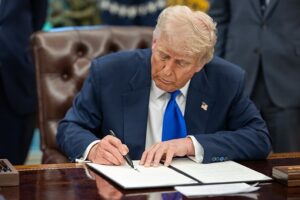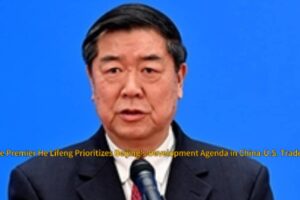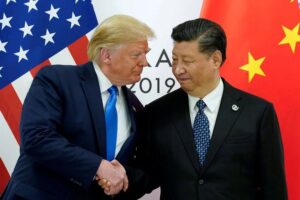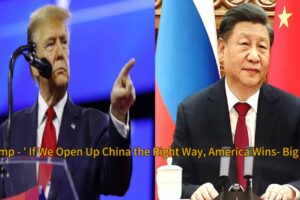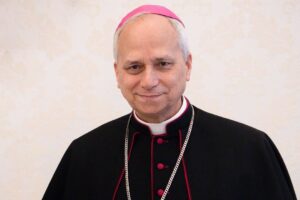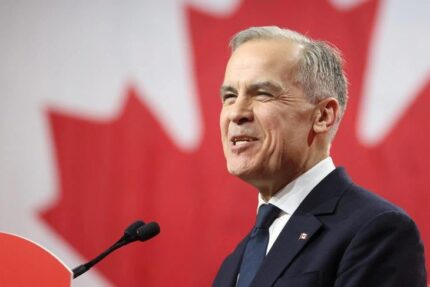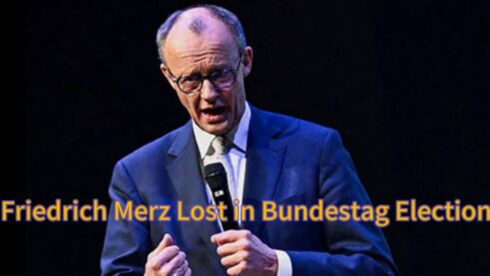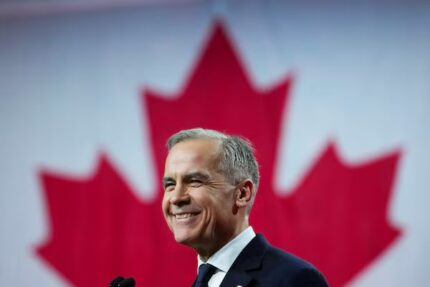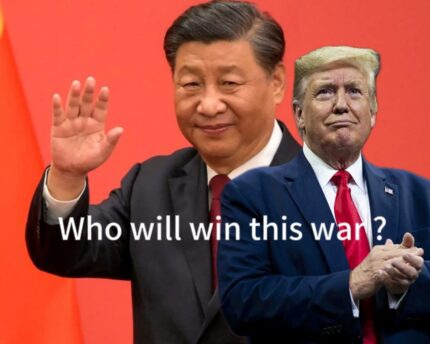When Donald Trump began threatening tariffs, trade barriers, and even annexation against Canada earlier this year, the country found itself on the edge of an unprecedented crisis. Amid the chaos, Mark Carney—a man who had long flirted with Canadian politics while building a glittering career overseas—seized the moment.
In early March, just weeks after Prime Minister Justin Trudeau’s sudden resignation, Carney was elected leader of the Liberal Party and sworn in as Canada’s new prime minister. He quickly framed his leadership around a singular mission: confronting and neutralizing the threats posed by President Trump. “I’m most useful in a crisis,” Mark Carney told a local news outlet days before taking office. “I’m not that good in peacetime.”
As Canada braces for an economic slowdown, with economists predicting a recession driven by American tariffs, Mark Carney has positioned himself as the steady, experienced hand needed to guide the nation. His campaign revolves around protecting Canada’s sovereignty and economy against an increasingly hostile southern neighbor, promising a new and comprehensive deal with the United States to defend Canada’s interests.
Mark Carney:From Global Stages to Canadian Shores
Mark Carney’s resume reads like a manual for leadership during turbulent times. Born in Canada’s Northwest Territories and raised in Edmonton, Alberta, Carney left for Harvard and then Oxford, later embarking on a high-flying career with Goldman Sachs. He returned to Canada to serve at the finance ministry before becoming governor of the Bank of Canada in 2008, guiding the country through the global financial crisis better than most other economies.
In 2013, his reputation for calm crisis management led to an extraordinary appointment: governor of the Bank of England—the first non-British citizen to ever hold the post. There, he steered Britain’s financial sector through the shocks of Brexit, sharpening skills that he now claims are vital for Canada’s survival under Trump’s aggressive policies.
Mark Carney’s international network is vast, and he has brandished it as a campaign asset. As prime minister, he has already initiated military industry agreements with the European Union and courted support from allies in London and Paris. On the trail, he reminds voters, “I have seen this movie before. I know exactly what’s going to happen.” His experience, he argues, makes him uniquely suited to steer Canada through a “hinge moment” in history.
Facing Criticism Over Elite Ties
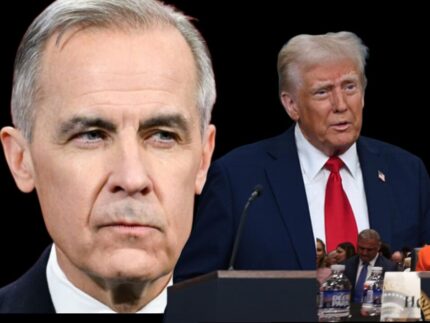
Yet Mark Carney’s elite pedigree is both an asset and a liability. Conservative leader Pierre Poilievre has relentlessly portrayed him as an out-of-touch global elitist, more comfortable in Davos boardrooms than in Canadian small towns. His years at Goldman Sachs and Brookfield Asset Management have made him a target for accusations of corporate greed and offshore tax avoidance—charges that resonate with an electorate wary of corporate excess and increasingly suspicious of China, where Brookfield has major investments.
His defenders argue that Mark Carney’s private-sector success is evidence of strong leadership and financial acumen. Still, the prime minister has at times appeared thin-skinned when pressed about his wealth and investments, snapping at reporters and insisting he has always complied with Canada’s ethics laws.
Despite these attacks, Mark Carney’s centrist approach has softened some criticism. He swiftly repealed Trudeau’s unpopular carbon tax upon taking office, signaling pragmatism over ideology. Still, opponents continue to argue that Mark Carney represents a continuation of Trudeau-era Liberalism under a more polished, internationalized brand.
The Quiet Strength Behind the Calm
Behind Mark Carney’s mild, professorial exterior lies a reputation for decisiveness—and, sometimes, ruthlessness. At the Bank of England, shutting down ideas he disagreed with became known among staffers as “getting tasered,” a sharp jolt that often stung but left no room for ambiguity.
Former colleagues describe him as fiercely intelligent and relentlessly prepared. “He masters his briefs like nobody,” said Anil Kashyap, an economist who worked with Carney. “If he needs to learn something, he will have looked at it from three different directions.” While some found his leadership style intimidating, many credited him with modernizing the Bank of England’s culture and making it more meritocratic.
This reputation as a no-nonsense leader has carried over to his campaign. In a political climate often dominated by fiery rhetoric and populist gestures, Mark Carney’s calm, analytical tone stands out. He offers voters a contrast to the bombast of Donald Trump—and even to the combative style of Conservative challenger Pierre Poilievre.
A Steady Hand for a Precarious Future
Polls suggest Mark Carney’s message is resonating. With the Liberals holding a narrow but stable lead heading into Monday’s election, Canadians appear to be rallying behind a figure seen as both a defender of progressive values and an economic realist.
At a rally in Surrey, British Columbia, mother-daughter duo Barb and Hannah Gelfant praised Mark Carney’s ability to stand up to Trump while maintaining social progressivism. “It matters that he says everyone is free to love who they want to love,” said Hannah, 25. Her mother, Barb, agreed, adding, “From a financial perspective, he knows what he’s doing.”
Other supporters emphasize Carney’s maturity and preparedness in a dangerous and uncertain time. Bryan Pezzi, a library worker, put it succinctly: “Mark Carney is uniquely qualified. He is the adult in the room.”
As Canada faces an election that could redefine its future relationship with its most important ally, voters are being asked to choose between fiery populism and steady pragmatism. In Mark Carney, they may have found the calm, seasoned hand they believe is needed most


